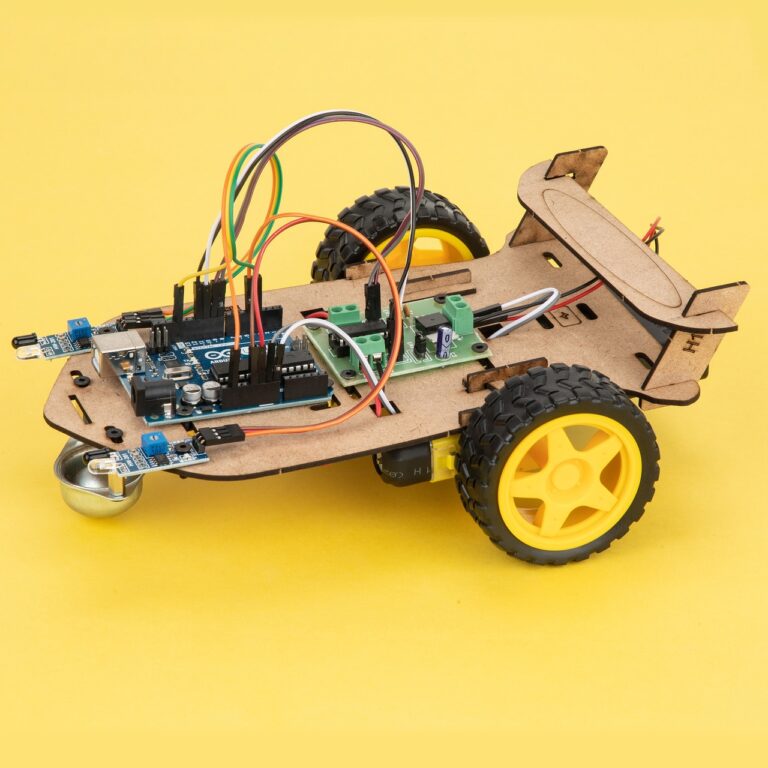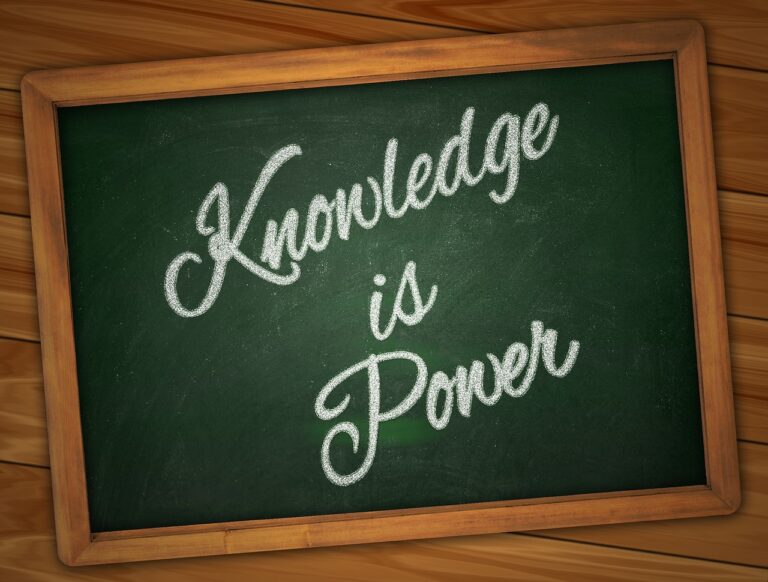The Benefits of Cross-Curricular Learning
Cross-curricular learning plays a crucial role in providing students with a well-rounded education. By integrating different subject areas, such as combining history with literature or science with mathematics, students are able to make connections between various disciplines. This not only helps students see the relevance and applicability of what they are learning but also fosters a deeper understanding of concepts and ideas.
Furthermore, cross-curricular learning promotes critical thinking skills by encouraging students to think analytically and creatively across different domains. When students are exposed to diverse perspectives and approaches through interdisciplinary studies, they are able to develop problem-solving abilities that transcend traditional disciplinary boundaries. This, in turn, equips students with the necessary skills to navigate the complexities of the modern world and prepare them for success in a variety of academic and professional pursuits.
Enhances Critical Thinking Skills
Cross-curricular learning plays a vital role in enhancing critical thinking skills among students. When students engage in interdisciplinary studies, they are required to think across different subjects and make connections between various concepts. This process challenges their analytical abilities and encourages them to approach problems from different perspectives, thereby fostering their critical thinking skills.
Moreover, cross-curricular learning promotes a deeper understanding of complex ideas, as students are encouraged to explore topics beyond the boundaries of a single subject. By integrating knowledge from multiple disciplines, students learn to think critically, synthesize information, and draw conclusions based on evidence from various sources. This holistic approach to learning not only enhances their critical thinking skills but also equips them with the ability to solve real-world problems more effectively.
Why is cross-curricular learning important?
Cross-curricular learning is important because it helps students make connections between different subjects, improves their critical thinking skills, and provides a more holistic understanding of concepts.
How does cross-curricular learning enhance critical thinking skills?
Cross-curricular learning requires students to analyze, evaluate, and synthesize information from various disciplines, which in turn enhances their critical thinking skills. By making connections between different subjects, students are able to think more creatively and critically.
Can cross-curricular learning be implemented in all educational settings?
Yes, cross-curricular learning can be implemented in various educational settings, including traditional classrooms, online learning platforms, and hands-on experiential programs. It is a versatile approach that can be adapted to suit different learning environments.
What are some examples of cross-curricular learning activities?
Examples of cross-curricular learning activities include project-based assignments that require students to integrate knowledge from multiple subjects, interdisciplinary research projects, and collaborative problem-solving tasks that involve elements from different disciplines.
How can teachers incorporate cross-curricular learning into their lesson plans?
Teachers can incorporate cross-curricular learning into their lesson plans by collaborating with other educators to design integrated units, creating interdisciplinary projects that emphasize connections between subjects, and encouraging students to explore topics from multiple perspectives.





